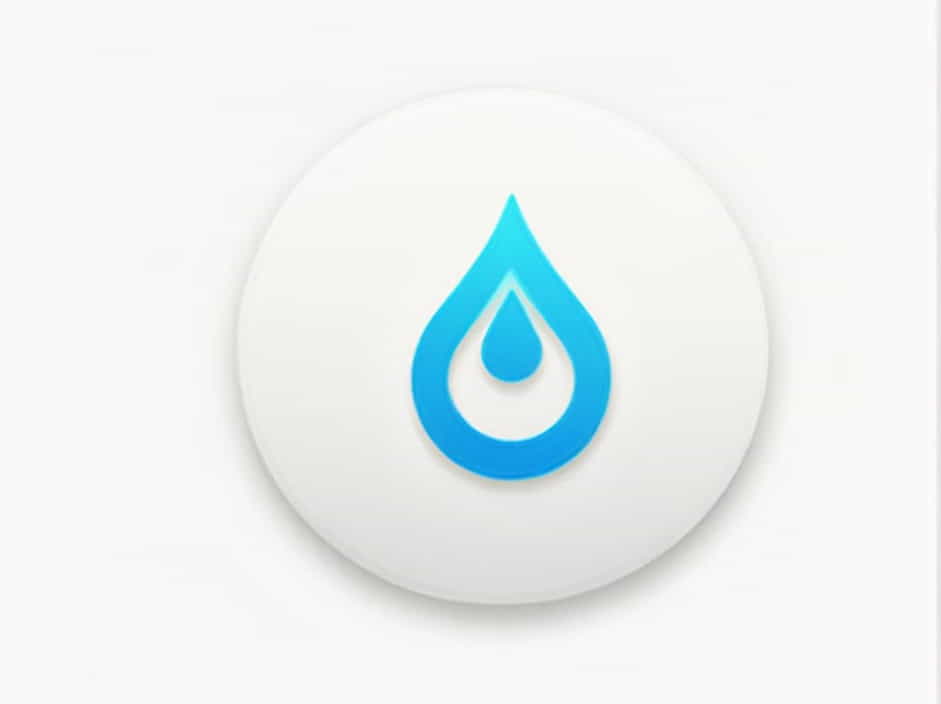Hydrolysis is a chemical reaction that plays a crucial role in many natural and industrial processes. It involves the breakdown of a compound by water, leading to the separation of molecules into smaller units. This process is essential in digestion, metabolism, industrial production, and environmental cycles.
Understanding hydrolysis is important because it is a fundamental reaction in biology, chemistry, and everyday life. This topic will explore the meaning of hydrolysis, how it works, its types, applications, and significance in various fields.
Definition of Hydrolysis
Simple Definition:

Detailed Definition:



Example Sentences:



How Hydrolysis Works
Hydrolysis involves the addition of water to a chemical bond, causing it to break apart. The process generally follows this sequence:
- Water molecules (H₂O) attack a compound.
- The compound absorbs water, breaking into smaller molecules.
- Each new molecule retains parts of the water molecule (H and OH).
Chemical Equation for Hydrolysis:
A general reaction of hydrolysis looks like this:
where AB is the original compound, and AOH and BH are the resulting molecules after hydrolysis.
Types of Hydrolysis
Hydrolysis reactions are classified based on the type of substance being broken down. The three major types are:
1. Acid Hydrolysis



Example:

2. Base Hydrolysis



Example:

3. Enzymatic Hydrolysis



Example:

Applications of Hydrolysis
Hydrolysis is widely used in biological systems, industrial processes, and environmental science.
1. Hydrolysis in the Human Body



Example:

2. Hydrolysis in the Food Industry



Example:

3. Hydrolysis in the Pharmaceutical Industry



Example:

4. Hydrolysis in Soap and Detergent Production



Example:

5. Hydrolysis in Environmental Science



Example:

Advantages of Hydrolysis

- Hydrolysis enables nutrient absorption and metabolism.

- Plays a role in food, pharmaceuticals, and manufacturing.

- Helps in biodegradation and waste management.

- Hydrolysis of ATP provides energy for cellular functions.
Disadvantages of Hydrolysis

- Excessive hydrolysis in food processing may reduce nutritional value.

- Certain plastics, metals, and compounds break down due to hydrolysis.

- Hydrolysis depends on temperature, pH, and catalysts.
Hydrolysis vs. Other Chemical Reactions
To understand hydrolysis better, it’s helpful to compare it with other chemical processes.
1. Hydrolysis vs. Condensation


2. Hydrolysis vs. Oxidation


3. Hydrolysis vs. Hydrogenation


The Role of Enzymes in Hydrolysis
Enzymes act as biological catalysts that speed up hydrolysis reactions.
Common Hydrolysis Enzymes:



These enzymes ensure that hydrolysis occurs efficiently in the body and nature.
The Future of Hydrolysis
Hydrolysis continues to be important in science, technology, and sustainability.

- Hydrolysis is being explored for converting plant materials into biofuels.

- Scientists are using hydrolysis to break down toxic chemicals in water.

- Research focuses on hydrolysis-controlled drug release systems.
These advancements show how hydrolysis can contribute to a cleaner and healthier world.
Hydrolysis is a fundamental chemical process that occurs in nature, industries, and our bodies. It involves the breakdown of substances using water, making it essential for digestion, energy production, food processing, and environmental sustainability.
By understanding hydrolysis, we can appreciate its role in everyday life and scientific advancements. Whether in biological metabolism, industrial applications, or environmental protection, hydrolysis remains a key process in chemistry and life sciences.
